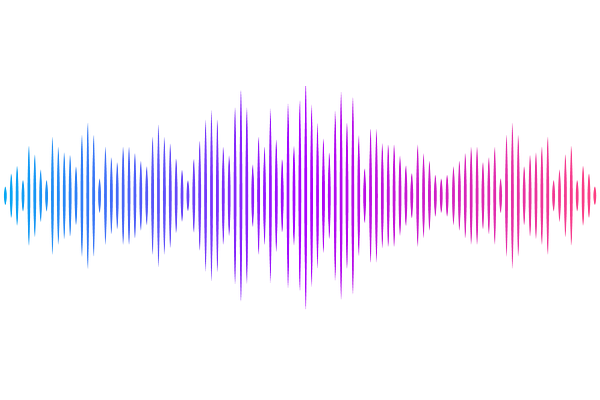Unreliable homeostatic action potential broadening in cultured dissociated neurons

Unreliable homeostatic action potential broadening in cultured dissociated neurons
Ritzau-Jost, A.; Rajayer, S.; Nerlich, J.; Maciag, F.; John, A.; Russier, M.; Gonzalez Sabater, V.; Steiger, L.; Coq, J.-O.; Eilers, J.; Engelhardt, M.; Burrone, J.; Debanne, D.; Heine, M.; Smith, S. M.; Hallermann, S.
AbstractHomeostatic plasticity preserves neuronal activity against perturbations. Recently, somatic action potential broadening was proposed as a key homeostatic adaptation to chronic inactivity in neocortical neurons. Since action potential shape critically controls calcium entry and neuronal function, broadening provides an attractive homeostatic feedback mechanism to regulate activity. Here, we report that chronic inactivity induced by sodium channel block does not broaden action potentials in neocortical neurons under a wide range of conditions. In contrast, action potentials were broadened in CA3 neurons of organotypic hippocampal cultures by chronic sodium channel block and in hippocampal dissociated cultures by chronic synaptic block. Mechanistically, BK-type potassium channels were proposed to underly inactivity-induced action potential broadening. However, BK channels did not affect action potential duration in our recordings. Our results indicate that action potential broadening can occur in specific neurons and conditions but is not a general mechanism of homeostatic plasticity in cultured neurons.